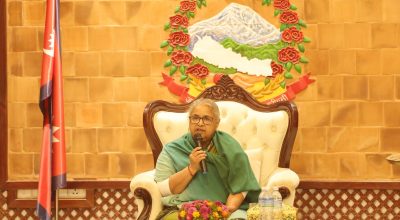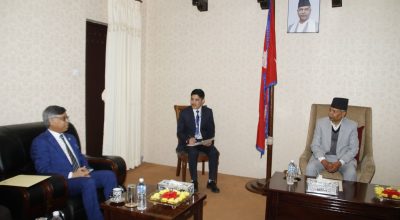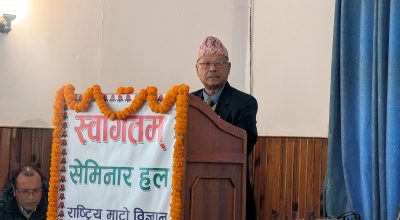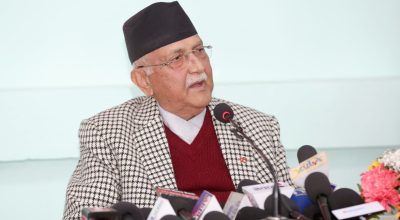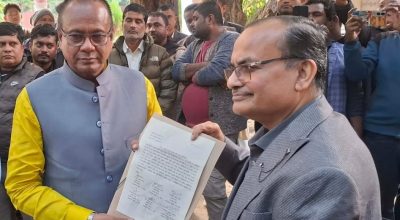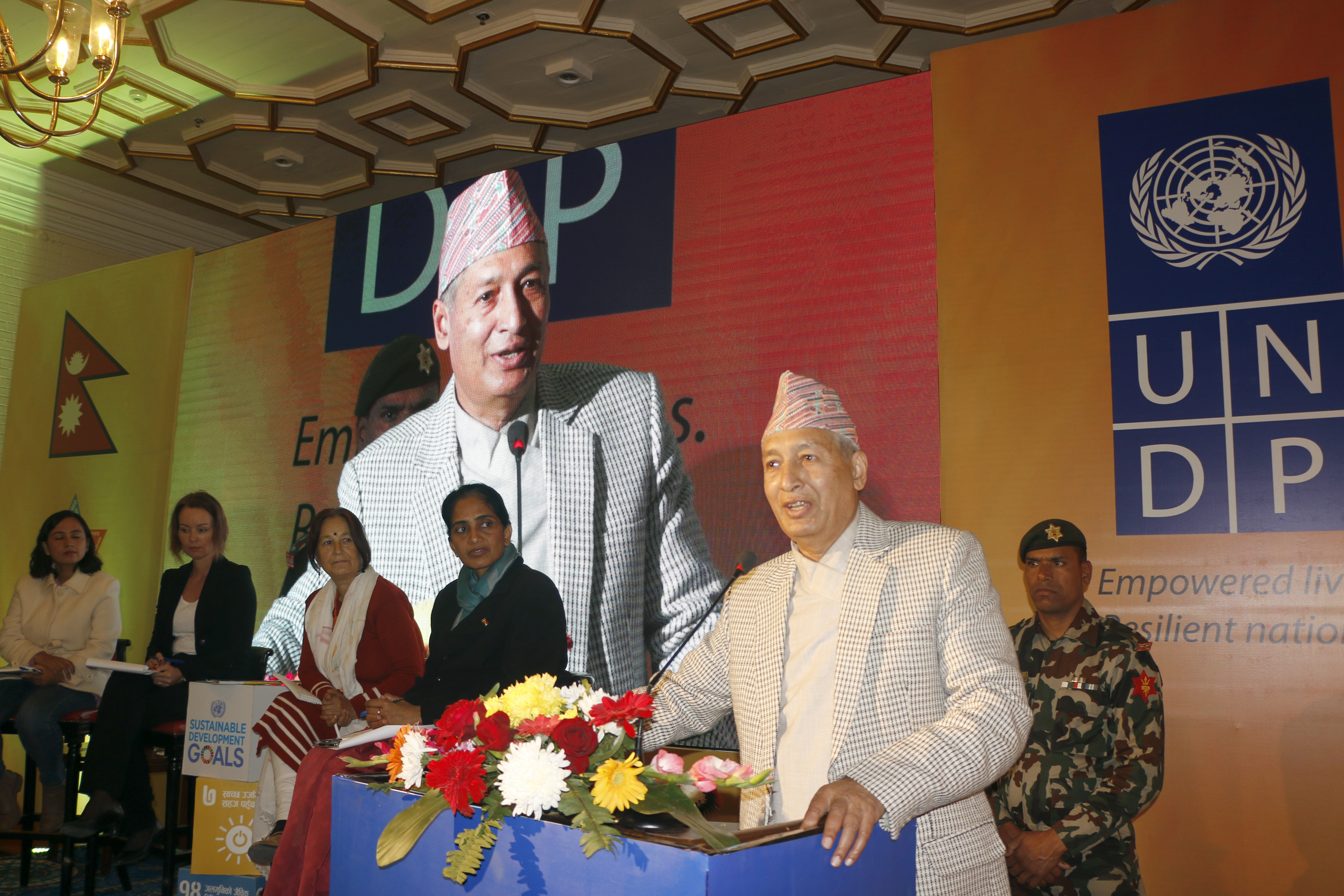
Kathmandu, Dec 12, 2019 : The World Bank has projected the economic growth of 6.5 percent for 2020 in Nepal. The WB had projected the growth rate of 7.1 percent for 2019.

The 6.5 percent growth rate is projected in view of the decreased remittance, climate change and natural disaster, the adverse effect of irregular monsoon on agricultural products.
Releasing Nepal Development Update here Thursday, the WB has however made positive notes on arrival of tourists, Visit Nepal 2020, construction of second international airport nearing completion, establishment of hotels and agreements made with international companies.
New investment on cement and hydropower sectors will contribute to growth rate. It is believed that performance contract at government offices will also reduce government cost. Similarly, establishment of separate body at Prime Minister’s Office, implementation of one-door service centre, establishment of Nepal Infrastructures Bank are other positive developments that would help achieve the projected growth rate.
However, the structure implementing federalism failed to make adequate spending, the post-quake reconstruction slowed, and import decreased slightly in the past, the update stated.
Releasing the report, Finance Minister Dr Yubaraj Khatiwada stressed the need of producing accurate data. He shared that a bill was being presented in the federal parliament to develop Central Bureau of Statics as National Bureau of Statistics. He urged the World Bank to help capacitate Nepal’s human resources for data collection, processing and analyses.
World Bank Country Director Faris Hadad Jervos viewed that data are demanded from the local to State and federal levels for policy framing and effective implementation of federalism.
—





